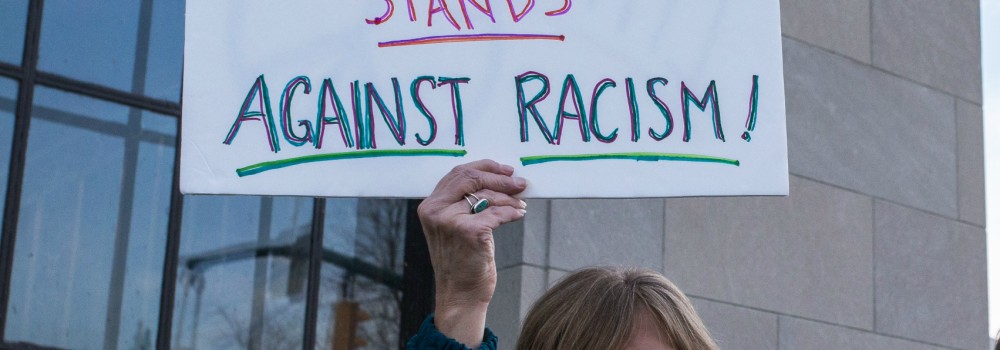I believe racism is wrong. So what?
Being against something doesn’t cost much—or accomplish much.
Last year Eddie Glaude Jr., who teaches religion and African-American studies at Princeton, gave a lecture at the college I serve as chaplain. Afterward I joined a group of students and faculty to discuss the issues he raised. Our conversation ranged about freely but mostly circled around mass incarceration, police violence against black males, and the housing crisis in African-American communities.
Sitting across from me was an African-American student with short dreadlocks and a red T-shirt. I knew this young man, Denton, only by my professor husband’s admiration of his work as a philosophy major. After listening for quite a while, he finally spoke up. “Well,” Denton said with a little shake of his head, “I pretty much think that white people created these problems, and so white people need to fix them. That burden should not be on us.”
His words were understated yet damning, and they silenced the room. As the chaplain, I struggled to come up with an appropriate response. I wanted Denton to know that I was on his side. I also wondered if I really was. I didn’t want to express my guilt over being a part of the problem, as such confessional statements seem to be primarily about me and my need for redemption. And redemption requires an honest desire for change—change for which I was unprepared. I wanted to know what exactly needed to change, what I needed to give up.






